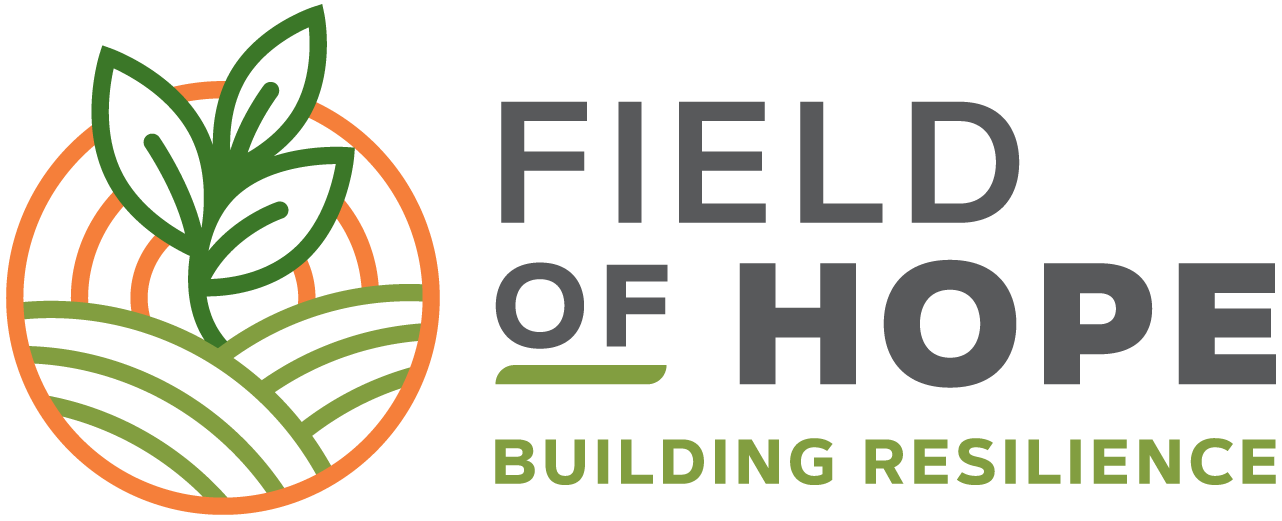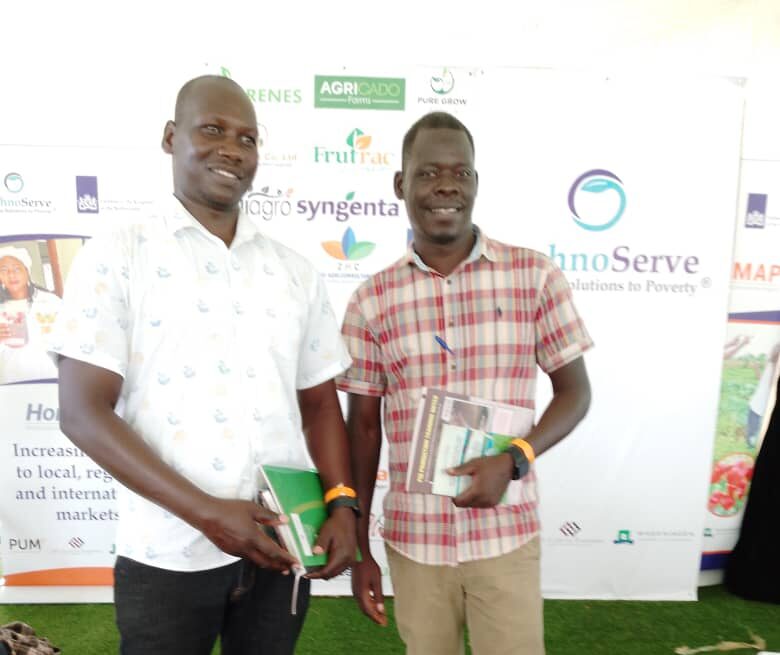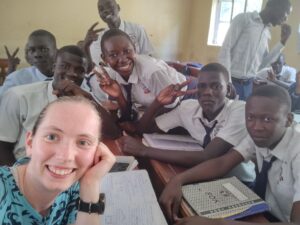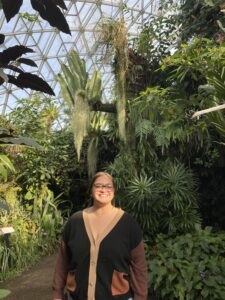What is it?
Harvest Money Expo Conference is Uganda’s biggest agriculture and agribusiness annual exhibition event that always takes place at Kololo Independence Ground in Kampala. The event is organized annually by Vision Group in partnership with Embassy of the Kingdom of Netherlands and the Ministry of Agriculture, Animal Industry and Fisheries (MAAIF). The Expo started in 2017 following a successful selection of the 10 best farmers in Uganda that allowed them to travel to the Netherlands for farming exposure. The event brings together model and smallholder farmers, non-governmental organizations, agricultural government agencies, financial institutions, and agricultural private sector actors like agro-input companies, mechanization, and farm equipment dealers, agro-processors among others. The Expo takes three days and different exhibitors showcase their innovations, technologies, and new products to farmers, students, agricultural extension workers, and aspiring entrepreneurs to take farming as a business. During the event, several training sessions such as urban farming, piggery, goat rearing, dairy, poultry production, and vegetable production are always conducted by experts to equip participants with practical knowledge and skills related to agriculture.
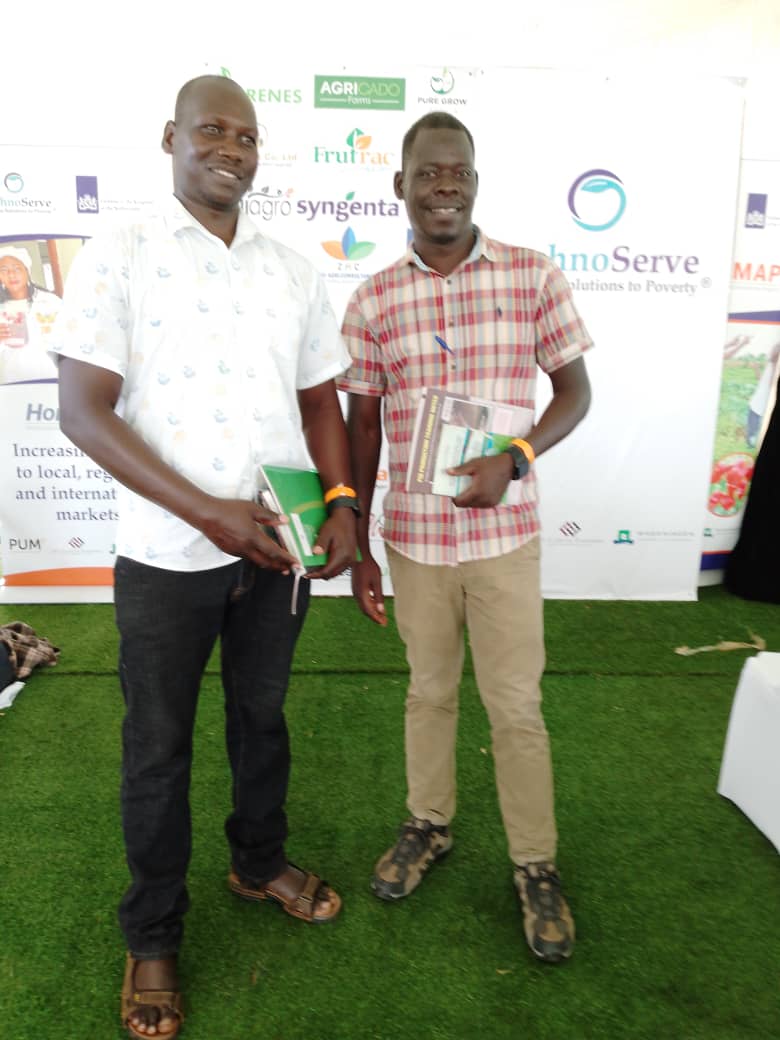
Why do we go?
Field of Hope and Harvest Money Expo share the goal of improving farmers’ livelihoods through access to financial services, technology, and knowledge. Therefore, the Harvest Money Expo Conference provides a unique learning opportunity, creating a network and collaboration with actors in the agriculture value chains, and sharing knowledge, skills, and experiences on best practices to empower the smallholder farmers, youth, and students that Field of Hope works with. The Expo also provides a path where the Field of Staff working with schools learn about new agricultural technologies, and techniques, such as urban farming and school gardening that can be shared with partner teachers.
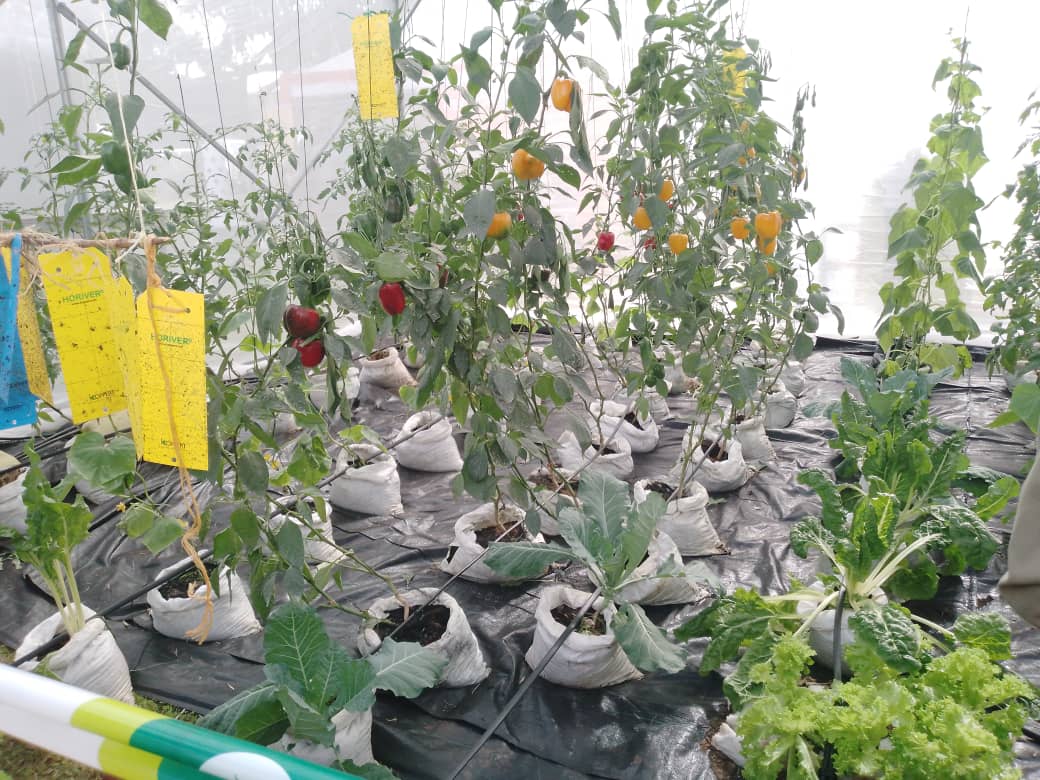
What did you learn?
Harvest Money Expo presented many learning opportunities for Field of Hope staff. “During the three days at Harvest Money Expo, I was able to learn and improve my knowledge and skills on farming as a business through diversification of enterprises, value addition, marketing strategies, and risk assessment and mitigation. Exhibitors and experts demonstrated innovation and skills in a modern intensive system of growing crops and rearing animals that are climate change resilient. With this wealth of knowledge and skills gained, I hope to be in a better position to build resilience among the smallholder women farmers and youth that Field of Hope supports” Joseph Apea – Program Associate
“As a person who heads the Youth Agriculture Education program, the Harvest Money Expo allowed me to acquire knowledge and skills that will improve my service delivery to the teacher, the students, and the farmers. I have acquired knowledge and skills in aquaculture, poultry, goats’ management, and vegetable production. All those skills will help me in giving technical advice and monitoring the Inspiring Students in Agriculture Grants and training of farmers. I have also created connections with different companies and other private sectors that will provide genuine agricultural inputs to both partner schools and farmers” David Obong, Program Associate
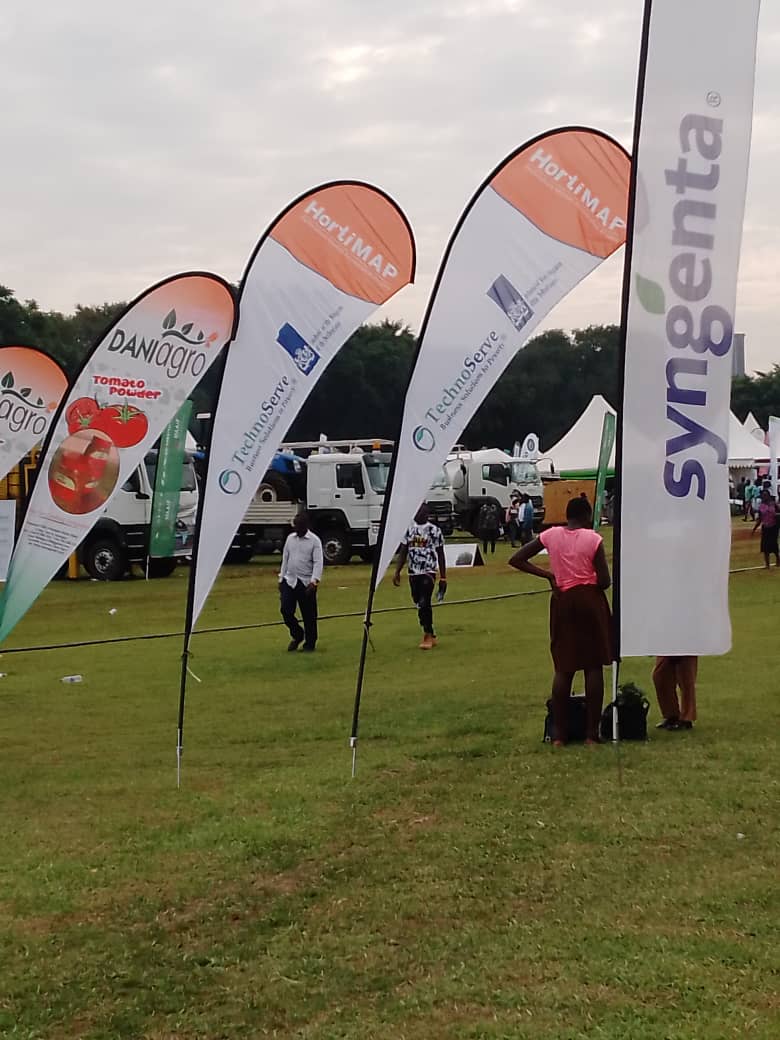
What can we use for Field of Hope this year with what you both learned?
- Implementation of Leyi Naa Piggery Project. With piggery training sessions and a training manual from National Animal Genetic Resources Center & Data Bank during Harvest Money Expo, Field of Hope will effectively and efficiently implement the said project.
- There are opportunities for partnership with other organizations working or supporting similar activities like Field of Hope.
- Inspiring Student in Agriculture Grant (ISAG). Through network and collaboration, we created value chain actors like Uzima Chicken, and Grain Pulse among others, implementation of ISAG projects in different schools will be easy as these actors will provide necessary services like good breeds of chicken, feeds, seeds, and other inputs.
By: Joseph Apea & David Obong
